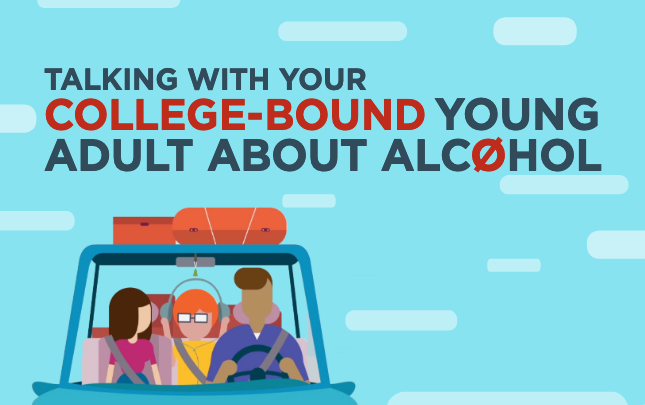
Supporting Young Adults in Their Transition to Independence
In recent years, more young adults have been struggling to transition into the traditional markers of adulthood—steady employment, financial independence, and self-sufficiency. This trend, often labeled as a “failure to launch,” has raised concerns among parents, educators, and mental health Read more >>











